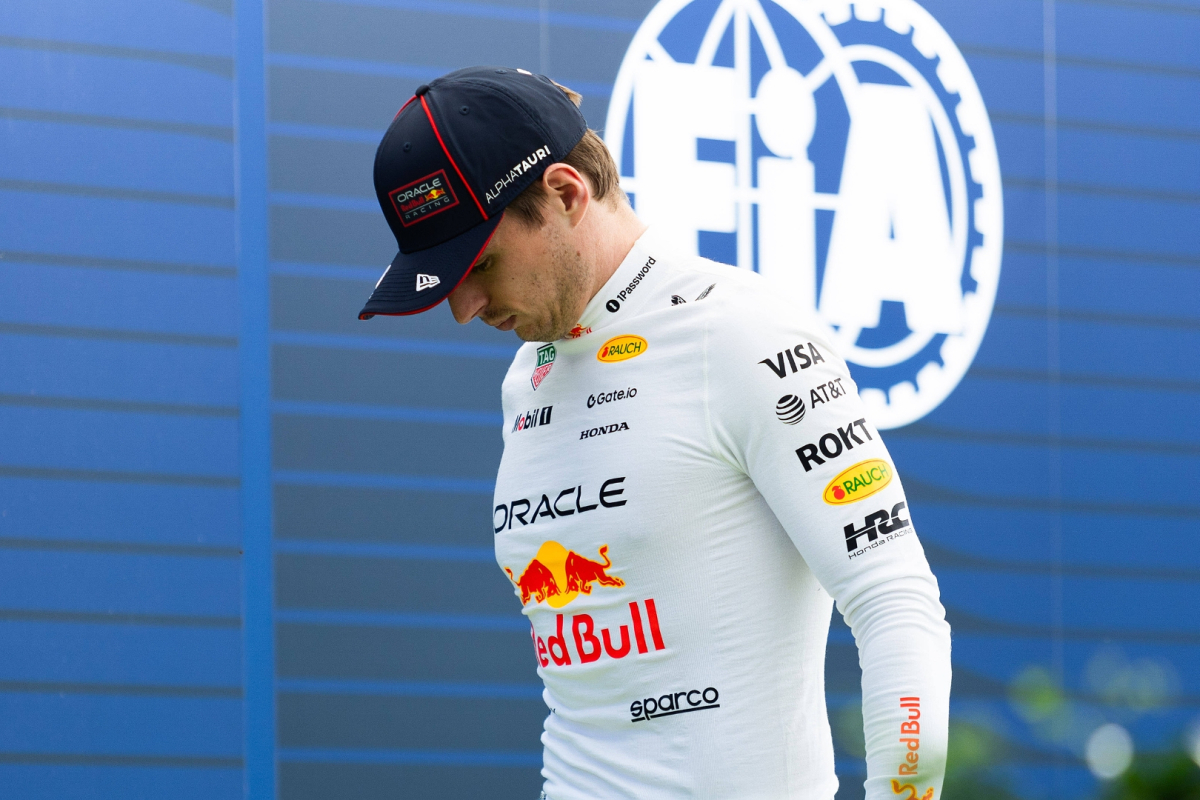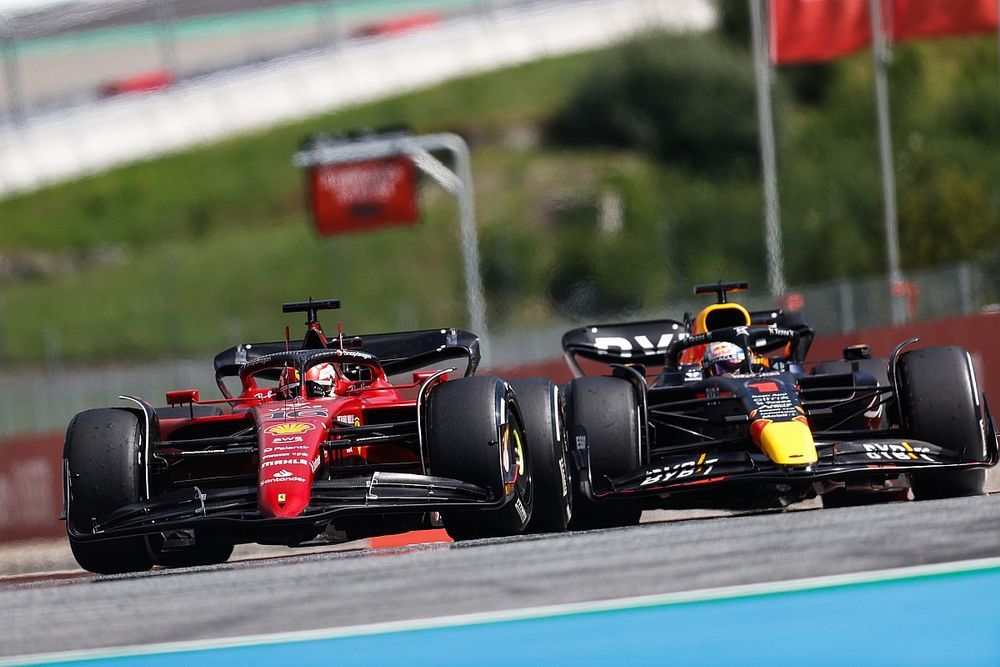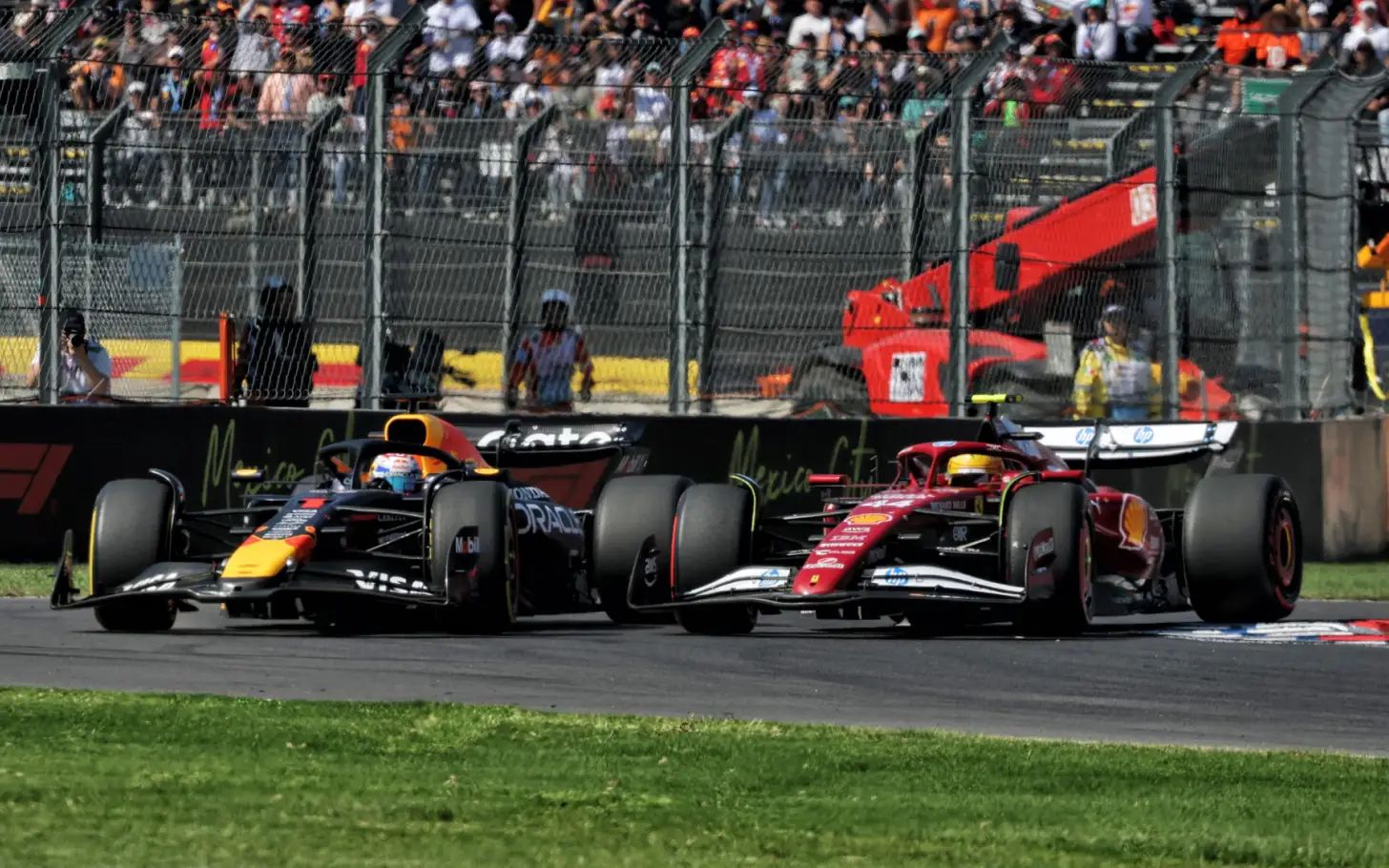Red Bull star suffers embarrassment after FIA…read more
Red Bull’s Yuki Tsunoda has found himself in the spotlight for the wrong reasons once again, after Formula 1’s governing body, the FIA, intervened over his excessively slow pace on track — an incident that many observers have described as awkwardly emblematic of his current struggles. Since stepping up to the senior Red Bull outfit, the Japanese driver’s trajectory has been far from smooth. Points have arrived on only three race weekends, a meagre haul that has amplified scrutiny on his performances and intensified the pressure already mounting inside Milton Keynes.
That strain was laid bare in June when Red Bull advisor Helmut Marko publicly conceded that the team had effectively abandoned hope of retaining the constructors’ crown. In unusually blunt fashion, Marko pointed to Tsunoda’s lacklustre displays, arguing that he hadn’t delivered the level of consistency or raw speed demanded at the very front of the grid. He characterised Tsunoda’s season as “not good enough” and said the driver had been “slow to get going,” a pair of phrases that have hung over the 24‑year‑old ever since.
Fast forward to Friday at the Belgian Grand Prix, and Tsunoda was once more under the microscope — this time not for a lack of points or a costly mistake in battle, but for trundling around at a speed that drew the attention of the stewards. The FIA, vigilant about on‑track conduct and the safety implications of cars circulating too slowly, reviewed Tsunoda’s behaviour and decided it warranted formal attention. While such interventions are fairly common in an era where minimum lap times, delta speeds, and traffic etiquette are tightly policed, the optics were particularly uncomfortable given the criticism Tsunoda has already faced for being off the pace relative to expectations at Red Bull.
The episode adds another layer to the narrative surrounding his first season with the reigning champions. Drivers moving into the Red Bull seat face a notoriously high bar; the car is built to fight at the very front, and the internal comparisons are unforgiving. When a driver is already perceived to be underperforming, even a procedural reprimand or investigation for driving too slowly during a session can be seized upon as symbolic of a wider malaise. That seems to be the case here: a regulatory nudge from the FIA has been interpreted as yet another uncomfortable headline for a racer whose confidence and momentum have been repeatedly questioned.
For Tsunoda, the task now is twofold. First, he has to tighten up the operational details — ensuring that he hits required deltas, navigates traffic without controversy, and generally stays off the stewards’ radar for the sort of infractions that can be avoided with sharper execution and clearer communication from the pit wall. Second, and more importantly, he needs to rediscover speed and consistency. Three points finishes across the campaign so far simply won’t cut it in a team that measures itself by poles, wins, and titles. Every weekend that passes without a convincing turnaround gives more weight to Marko’s mid‑season verdict and deepens the sense that Red Bull’s 2025 planning could involve some difficult conversations.
The Belgian incident, then, is less about the severity of the FIA’s action and more about what it represents: another instance where Tsunoda’s name appears for reasons other than outright performance. In isolation, being called up for slow driving on a Friday wouldn’t usually make major waves. In the context of a campaign already under heavy criticism, it feels like another conspicuous misstep — one that Tsunoda will be desperate to consign to the past with a strong, point‑scoring rebound as the season enters its defining stretch.




